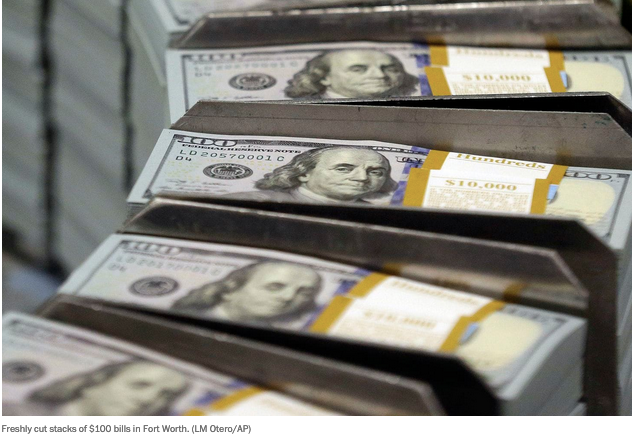We live in an age obsessed with economic inequality. There is too much of it, most people seem to agree. After President Trump — his personality, behavior and policies — inequality may well become the dominant issue in the 2020 election. This poses dangers, the most obvious being the tendency to blame the rich and the super-rich for everything that ails us or displeases us. Still, we can’t (and shouldn’t) duck the issue.
Americans have long tolerated some inequality, because almost everyone would like to strike it rich. If you harbor these ambitions, you’ve got to accept the consequences. But today’s gaps between rich and poor, or between the super-rich and upper middle class, long ago exceeded these permissive limits. The present inequality must make all but the most avid enthusiasts of laissez-faire (“let it be”) squirm.
Anyone who doubts this should consult a recent study by the Federal Reserve. Until now, most studies of inequality have focused on income — what people earn or receive in a year. By contrast, the Fed study concentrates on the less common subject of wealth — what people own, from cars to homes to stocks.
Wealth in America Report — Federal Reserve 2019
Harold Meyerson: Money Made At Others’ Expense
Catherine Rampell: Income Inequality Isn’t About the Rich — It’s About the Rest Of Us.




